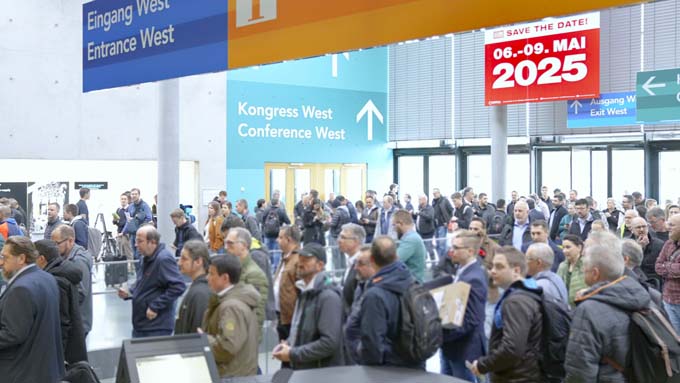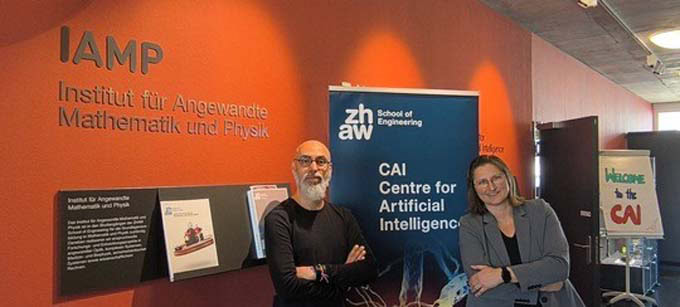Sustainable Productivity: Study calls for new understanding of production
The achievements of the industrial revolutions have led to enormous efficiency in production - but not to Sustainable Productivity: Everyday products from the fields of electronics, consumption and transport are produced so cheaply that they can be made available to the entire population. A prosperity that at the same time makes it possible to afford a sometimes frighteningly low degree of utilization of the [...]

A long way from Sustainable Productivity
The continuous pursuit of cost optimization and increased efficiency has led to a capital- and resource-intensive productivity mindset. This is evident in the increased CO2 emissions, which have almost doubled since 1990. The social and ecological effects of this development have become increasingly apparent in recent years. In particular, the worsening climate crisis has caused capital- and resource-intensive productivity thinking to differ from the future image of a more ecologically aware society. As one of the polluters, the manufacturing industry bears a great responsibility in this regard. German-speaking industry must initiate a sustainable production turnaround - and do so immediately!The production turnaround is both a necessity and an opportunity
In the course of this, the concept of productivity must be fundamentally rethought to include a holistic view of sustainability. This is where the study "Sustainable Productivity" by the Chair of Production Systems at the Laboratory for Machine Tools and Production Engineering WZL at RWTH Aachen University comes in. The aim of the study was to develop the new understanding of the concept of productivity necessary to initiate the production turnaround. Whereas financial targets have been the main focus so far, these have to be complemented by environmental, social and regulatory targets. These novel goals have implications for the design of products in the phases of product development, production and use. This new type of design is made possible by digitization and, in particular, by the "Internet of Production," which provides the transparency needed to holistically increase sustainability. In addition to the necessity associated with responsibility, the production turnaround also represents an enormous opportunity for a sustainable orientation of German-speaking industry. On the one hand, this includes the socially perceived as well as the real shaping of the holistic change by the German-speaking manufacturing industry. On the other hand, it creates a clear competitive advantage over competing locations. In the interaction of these two factors, a monetizable added value is achieved. This study provides companies with concrete recommendations on how to shape their production towards "Sustainable Production". In addition to key figures for evaluating the current situation and progress, existing success stories of manufacturing companies are presented. Source and further information: WZLThis article originally appeared on m-q.ch - https://www.m-q.ch/de/ustainable-productivity-studie-fordert-neues-produktionsverstaendnis/









